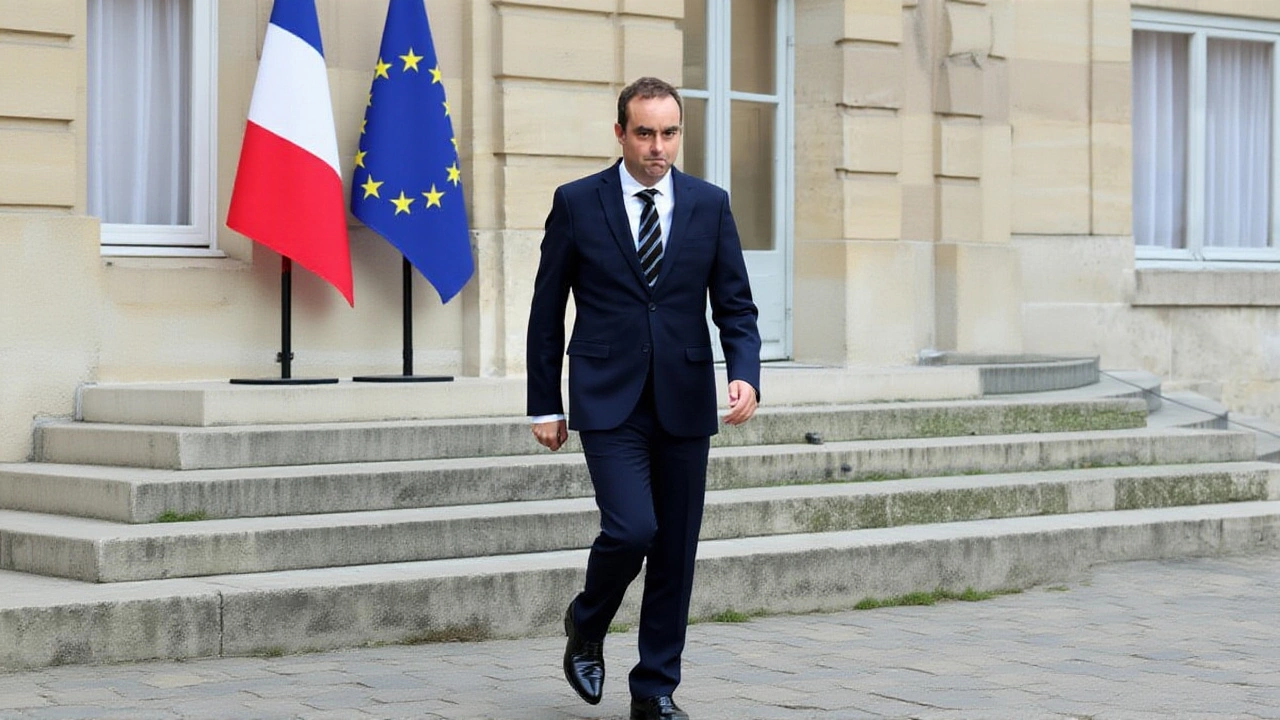Political Crisis
When we talk about political crisis, a situation where governmental authority, public order, or policy direction breaks down under pressure. Also known as political turmoil, it often spirals when government instability, frequent changes in leadership, loss of parliamentary majority, or weakened institutions collide with public protests, mass demonstrations that demand change or express dissent. The way media coverage, news reporting, social media amplification, and editorial framing portrays these events can either calm tensions or fuel them. A related driver is policy backlash, the reaction against controversial laws or reforms that ignites opposition. Understanding a political crisis helps you see why these pieces fit together and why the fallout matters for everyday life.
Political crisis encompasses government instability, meaning that when leaders lose support, the cabinet may collapse, triggering a power vacuum. That vacuum requires public protests to voice the unrest, turning streets into arenas of negotiation. Media coverage influences public perception of the crisis, shaping whether citizens see the turmoil as a temporary glitch or a deep‑seated threat. Policy backlash affects the speed and direction of reforms, often forcing lawmakers to backtrack or double down. In practice, you’ll see these connections playing out in stories ranging from a football club’s ownership drama that sparks fan protests to a high‑profile trial that tests judicial independence. Each example showcases how a single spark can ignite a chain reaction across governance, society, and the press.
Beyond the headlines, a political crisis leaves lasting marks on the economy, foreign relations, and social cohesion. Economic impact shows up as market volatility, reduced investment, or sudden budget cuts—all of which ripple through local communities. Internationally, allies may reassess partnerships, while rivals might exploit the confusion. At the grassroots level, citizens often rally around new movements, demanding transparency and reform. The articles below illustrate these dynamics: a Portuguese footballer’s unexpected move abroad, a disputed scientific theory that mirrors public debate, and a former racing boss’s uncertain future—all echoing the broader theme of instability and reaction. Dive into the collection to see how real‑world events embody the theory behind a political crisis.
French PM Sébastien Lecornu Resigns After One Month, Deepening Crisis
Sébastien Lecornu resigns after 23 days, deepening France's political crisis and prompting opposition calls for snap elections and a new coalition.
